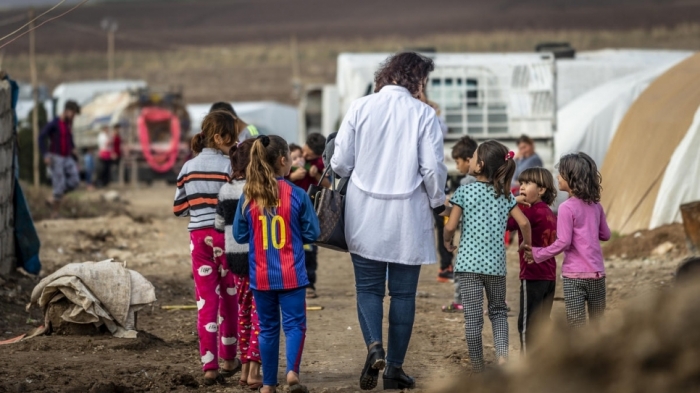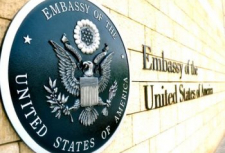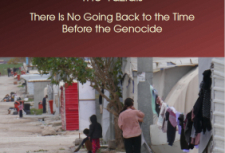Iraq: Yazidi community suffers one crisis after another

Part-
Aeed Nasir has been working with MSF in the Sinuni General Hospital as a nurse supervisor since 2018. Aeed is married with four children and lives in Chamshko camp for internally displaced people in Dohuk governorate. Aeed hasn’t seen his family in five months as he is unable to go back to Dohuk under the current movement restrictions.
“The majority of people in Sinjar are either farmers or do temporary labourer jobs outside the city lasting for one or two days at a time,” said Aeed.
“The coronavirus has stopped all the businesses, and people can’t travel outside the town for work. The farmer’s harvest is not even close to yielding the efforts and money spent on it by the farmer, and merchants from other governorates can’t come to buy the products and take them to the other governorates. Hence the crops and vegetables end up rotten. Before the coronavirus, people had very little income. Now there’s none.”
For many people, losing the ability to provide enough for their families, alongside having too much free time, living with uncertainty about what the future might bring, and not being able to visit family members, have caused feelings of frustration and stress. This has particularly adverse consequences for people who are already trying to overcome traumatic experiences from their past.
msf.org
Tags: #yazidisinfo #genocideyezidi #aboutyezidi #ezidi
Iraq: Yazidi community suffers one crisis after another

Part-
Aeed Nasir has been working with MSF in the Sinuni General Hospital as a nurse supervisor since 2018. Aeed is married with four children and lives in Chamshko camp for internally displaced people in Dohuk governorate. Aeed hasn’t seen his family in five months as he is unable to go back to Dohuk under the current movement restrictions.
“The majority of people in Sinjar are either farmers or do temporary labourer jobs outside the city lasting for one or two days at a time,” said Aeed.
“The coronavirus has stopped all the businesses, and people can’t travel outside the town for work. The farmer’s harvest is not even close to yielding the efforts and money spent on it by the farmer, and merchants from other governorates can’t come to buy the products and take them to the other governorates. Hence the crops and vegetables end up rotten. Before the coronavirus, people had very little income. Now there’s none.”
For many people, losing the ability to provide enough for their families, alongside having too much free time, living with uncertainty about what the future might bring, and not being able to visit family members, have caused feelings of frustration and stress. This has particularly adverse consequences for people who are already trying to overcome traumatic experiences from their past.
msf.org
Tags: #yazidisinfo #genocideyezidi #aboutyezidi #ezidi

























